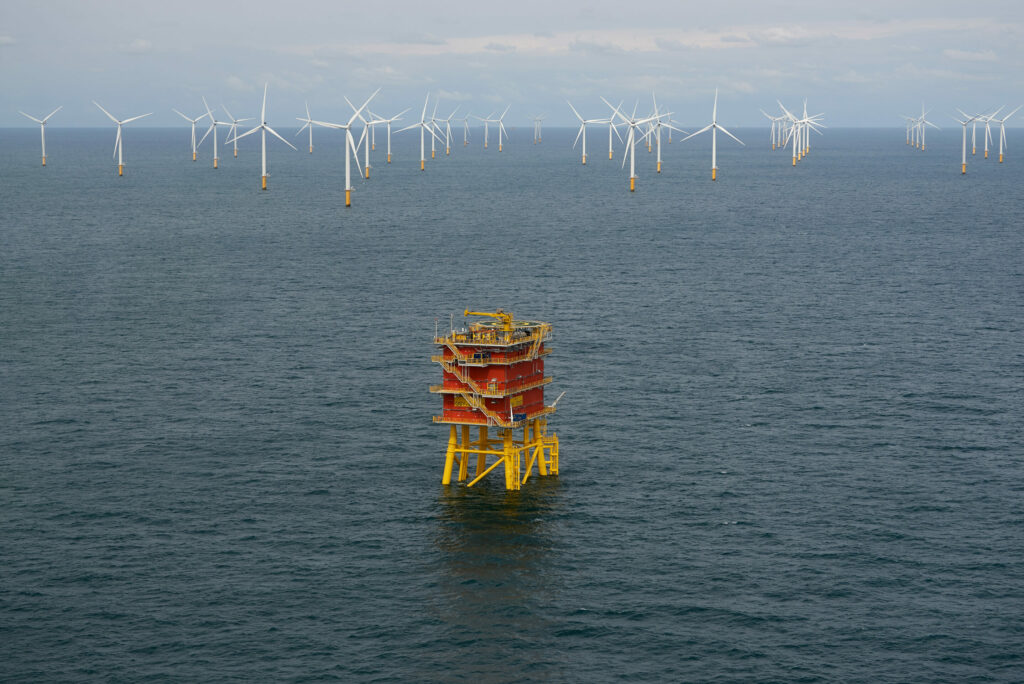The UK's energy regulator has given its approval for an underwater electricity cable to be laid between the UK and Belgium. This will have the capacity to supply power to 1.7 million households.
The cable, named "Nautilus", would be the first hybrid interconnector (serving more than one function) between the two countries.
Belgium is already connected to the United Kingdom through Nemo Link, a point-to-point interconnector commissioned almost six years ago that allows up to 1GW of electricity to be exchanged between the grids of each country.
Nautilus will have a capacity of 1.4GW. As well as transporting electricity between the UK and Belgium, it will also be able to bring electricity generated by offshore wind turbines to land.
Harnessing the wind
Ofgem, the UK's energy regulator, has approved Nautilus along with four other major undersea energy cables that will link the UK with Ireland and mainland Europe. The regulator said that the projects will "further harness the vast potential of North Sea wind and help power millions of homes".
Elia, the Belgian high-voltage electricity network operator, plans to build Nautilus with the UK’s National Grid. The approval from Ofgem is seen as a "crucial" step towards realising the project.
Elia highlighted that many countries are coming to see the interconnection of national grids as key to achieving the full potential of offshore wind.

The Modular Offshore Grid platform, which serves as an electricity hub for four Elia wind farms in the North Sea. Credit: Belga
Nautilus will link the British coast to Princess Elisabeth Island – an artificial energy island currently under construction and that will be anchored 45 kilometres off the Belgian coast.
"Nautilus is crucial for our country’s energy supply. With limited offshore wind potential, we need future electrical connections with countries having surplus wind electricity, such as Britain," explained Frédéric Dunon, CEO of Elia Transmission Belgium.
"Nautilus will enhance our supply security and provide access to competitive electricity prices, increasing the competitiveness of our energy-intensive industries."

